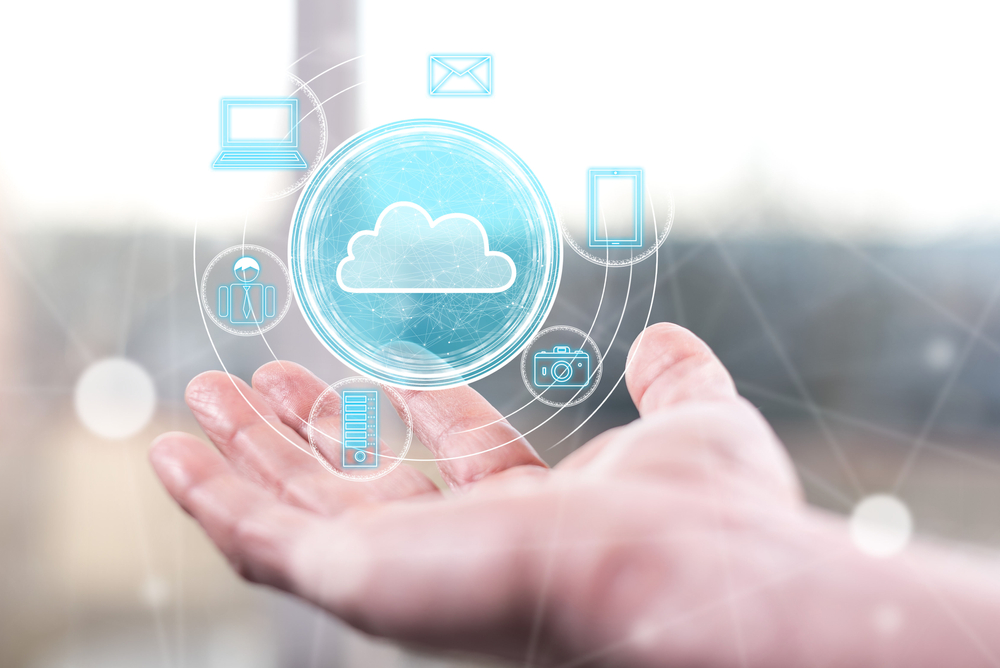It’s not so long ago that restaurant POS systems were regarded as providing no more than a necessary but essentially tedious back-office function. But the cloud is the future in today’s world and tech-savvy restaurant owners and managers are demanding far more than mere quick and efficient payment processing.
They’re relying on their POS to manage inventory and staff, maximize table-turns, accept online orders, run their loyalty programs, and collect reams of invaluable customer data for marketing purposes.
And more and more of them are finding that for maximum revenues and profits, cloud-based restaurant POS systems are the way to go.
Why More and More Restaurants are Turning to the Cloud
The restaurant industry has always been super-competitive, but the COVID-19 pandemic has pushed many previously viable businesses to the brink of extinction.
So it’s now more than ever vital that outlets are run with the utmost financial discipline and are able to adapt rapidly to changing customer demands and market conditions.
And that’s bad news for restaurants that rely on traditional POS systems that are based in-house and run through one dedicated server.
Huge amounts of data are stored on a single machine that links all staff workstations. Almost all repairs, software updates, and routine maintenance must, therefore, be handled onsite, with the potential for significant service interruptions.
Base your POS in the cloud, however, and both your hardware and software are looked after remotely, freeing valuable time for you and your team to devote to building your business.
6 Key Benefits of Cloud-Based POS Systems
1. Offsite and Online Ordering
Cloud-based POS systems handle customer orders from PCs or mobile devices simply and efficiently alongside in-house orders, with no need for discrete channels.
These systems can also integrate seamlessly with any existing ordering or other apps you may already be using.
2. Rapid Updates
With traditional POS, any new information or software update may have to be input separately into the main computer, as well as each and every terminal and staff tablet.
Apart from the valuable serving time this takes up, it also runs the risk of human errors that may further slow down your table turns.
Using the cloud, however, means that when one device is updated, all others are automatically synced with it; an invaluable timesaver for managers.
3. Enhanced Security
People often worry that the cloud is somehow less secure than traditional in-house systems, but in fact the reverse is true.
Information stored in the cloud is automatically backed up and far less vulnerable to loss through system failure or power outage.
State of the art encryption measures also provide superior protection for your confidential data from viruses, malware and cyber-attacks of all kinds.
4. Reduced Costs
As with any other new technology you introduce, there will be some initial costs. But today’s cloud POS solutions are very competitively priced.
And you will save significantly by avoiding the need to buy and maintain in-house servers, to pay for their repair when they crash, and to hire experts to install the latest software updates.
5. Speed of Implementation
Time is money, as the saying goes, and another significant benefit of the cloud is the speed with which you can get your POS system up and running.
Today’s cloud-based POS is designed for immediate connection and activation. There’s never a need for a consultant to visit either to install or upgrade your system, and what used to take weeks or even months now happens at the touch of a button.
6. Real-time Reporting
A cloud-based POS system makes it super simple to monitor crucial business data from multiple outlets.
Profit and loss, revenue and staff productivity reports, the success of specific promotions, loyalty programs, inventory and marketing reports can all be produced on demand and accessed at any time from any location or device.
The Cloud is the Future
The cloud is the future and the future is here.
Whether you’re a single or multi-outlet business, full-service or casual dining, it’s never been easier to switch to the cloud, and in the uncertain world of the “new normal”, the extra profitability it offers has never been more essential.

